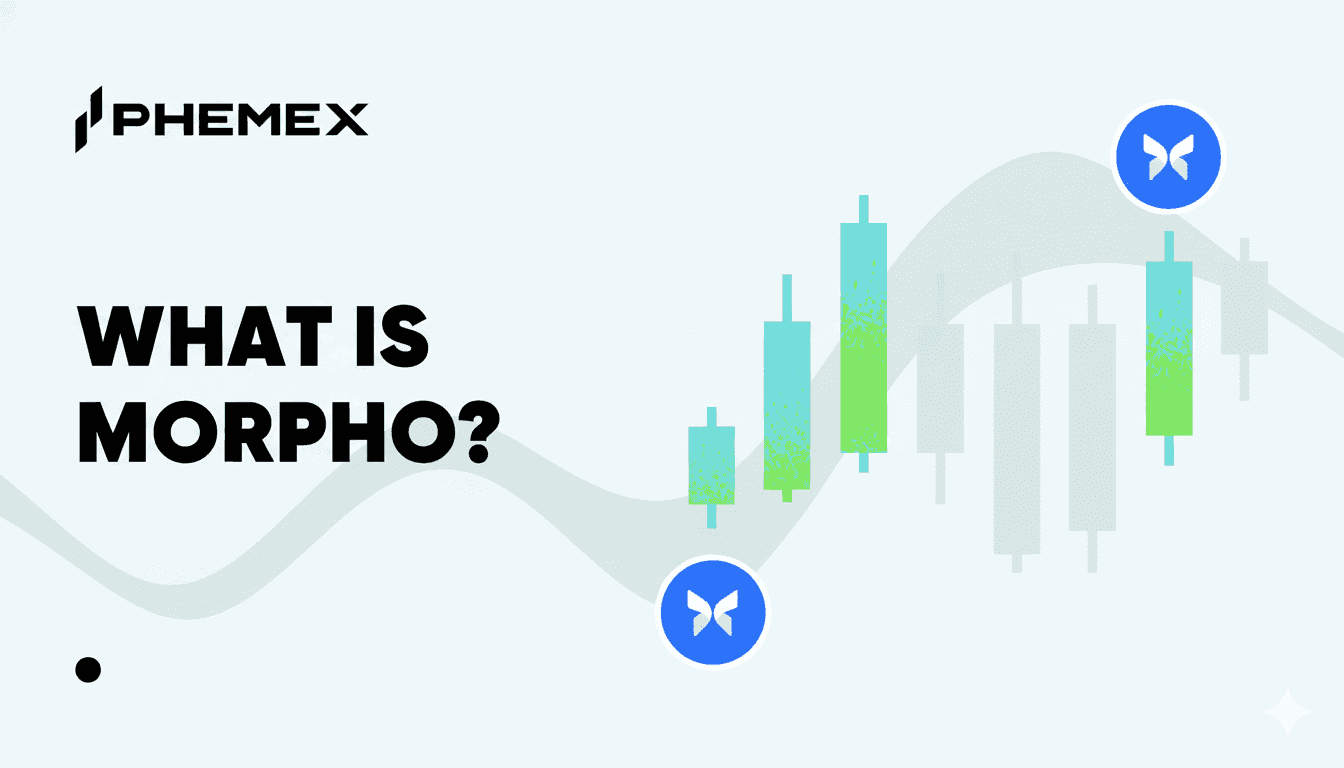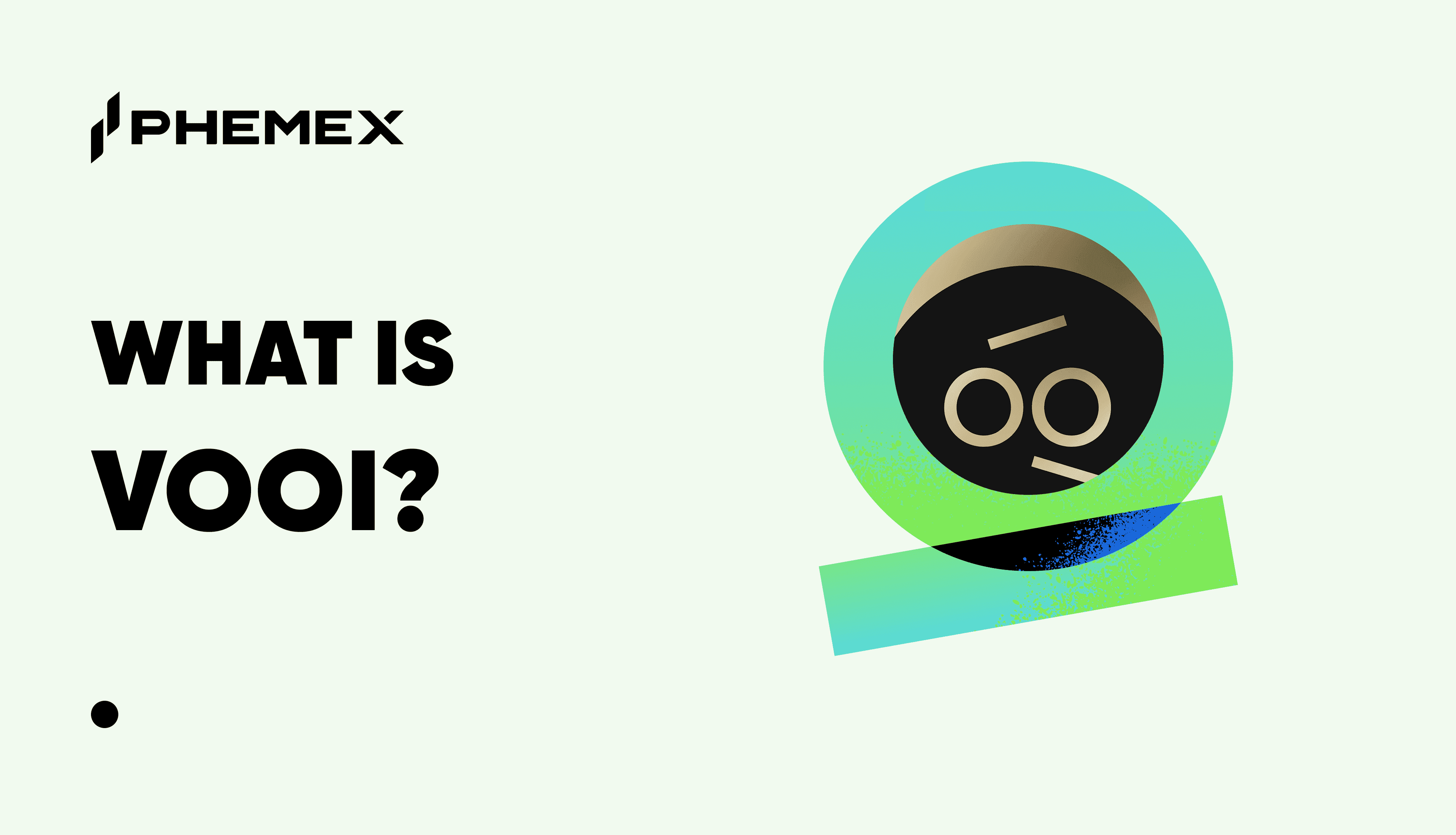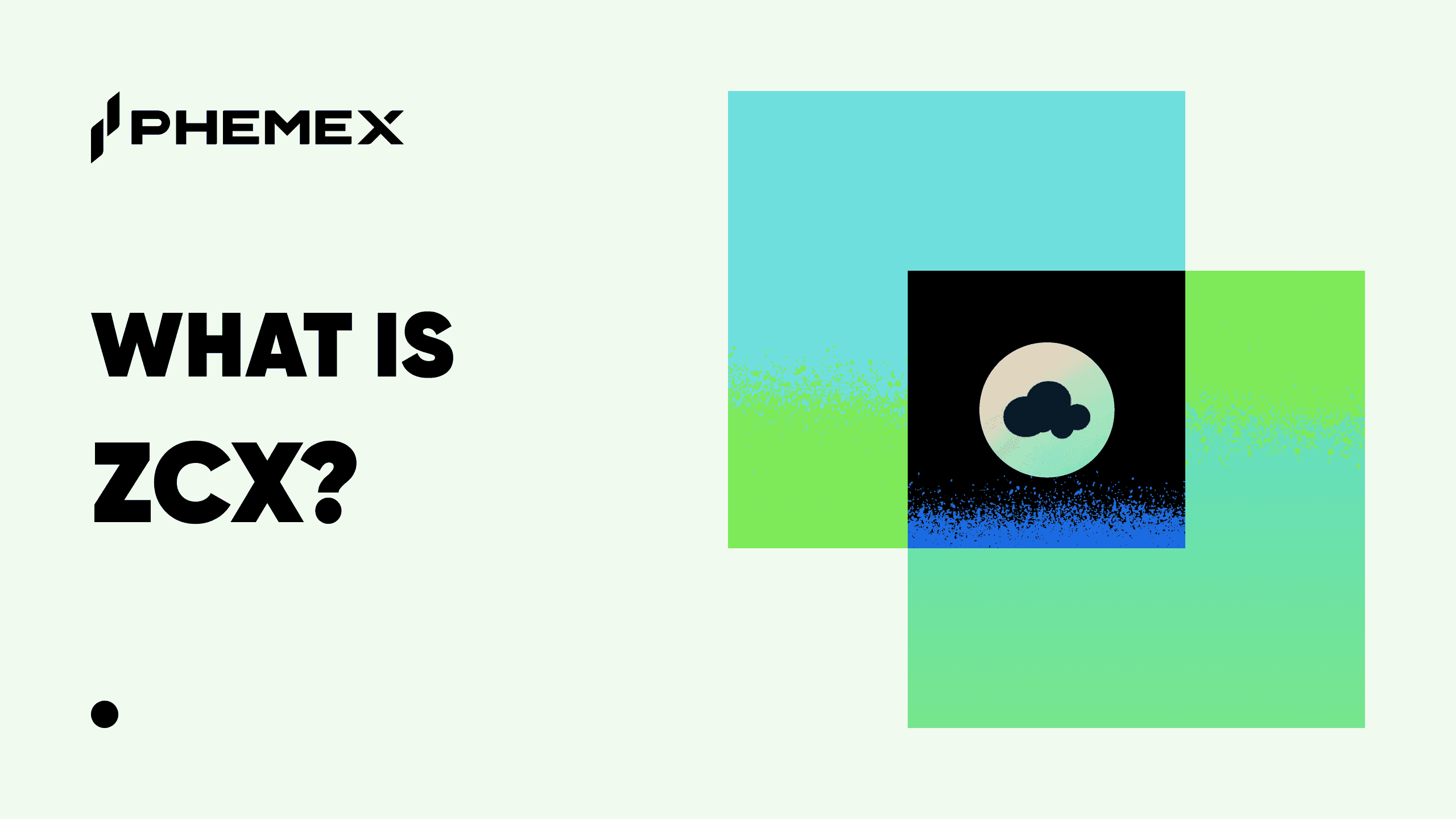The concept of usury is almost as old as money itself. Once illegal virtually worldwide, usury is defined as charging an amount of interest on a loaned sum, resulting in a profit for the lender. Today, however, the entire financial system is built upon usury — with strict (and possibly stricter) regulations being needed to prevent businesses from overcharging for their ready money lending services. Despite this, there are always companies that seek to circumvent these rules and operate on the very fringe of financial legality, sometimes teetering over edge into illegality in their ever-increasing search for maximum profit. These companies that veer into unethical lending are known as predatory lenders.

What Is Predatory Lending?
Predatory lending is when loan businesses or enterprises employ (generally deliberately) misleading tactics to deceive their customers and impose abusive loan terms upon them. Usually, this will involve implementing excessively high interest rates or other charges, such as late fees, which often also involve an exponential increase in the interest rate. Predatory loan companies frequently place clients who miss payments into a lower credit-rated and more expensive loan, or even strip them of physical goods. In fact, these companies will do anything that allows them to collect on their debt while still charging additional, regular, and systematic fees. These unfair lending practices, coupled with borderline fraudulent methods to entice borrowers into taking out loans they cannot reasonably expect to pay back, are the very dictionary definition of predatory lending.
Examples of Predatory Lending
To illustrate predatory lending more clearly, some historical examples of predatory lending are given below:
Elevate sued for predatory, high-cost loans
A lawsuit was organized by District of Columbia Attorney General Karl Racine against the online loan service provider Elevate. The company was accused of providing small, unsecured loans to borrowers and routinely charging outrageous interest rates that could reach anywhere from 100% to 400% in some extreme cases. While Elevate has dismissed these accusations of predatory lending vehemently, the case is still ongoing.
Scott Tucker and Timothy Muir’s Payday Loan Organization
Joan Loughnane, the Acting Deputy United States Attorney for the Southern District of New York in 2018, sentenced Scott Tucker to more than 200 months in prison. This was on Truth-In-Lending Act (“TILA”) offenses, which saw Tucker and Muir charged for 14 accounts of racketeering, wire fraud, and money laundering. They had set up an online payday loans company which had regularly engaged in predatory lending practices, charging illegal interest rates as high as 1,000% on loans. The pair evaded capture by systematically re-classifying their companies in order to evade regulation, successfully evading the authorities for 15 years before finally being caught at the end of 2017.
Is Quicken Loans a predatory lender too?
Dan Gilbert, infamous owner of the Cleveland Cavaliers, has been accused on multiple occasions of operating a business, Quicken Loans, that engages in predatory practices. The company even agreed to a $32.5 million settlement with the United States government when it was brought up before the Justice Department on fraudulent loaning charges back in 2019. However, Quicken Loans was not forced to admit to any form of wrongdoing as part of the settlement agreement.

What Are Some Predatory Lending Practices?
There are many different methods employed by businesses that operate loan sharking or predatory financing practices, and despite attempts made to thwart their existence, that number still grows year on year. While regulators struggle against the onslaught of new ideas used by fraudulent enterprises and unscrupulous entities, it is never enough to deter them entirely from deceiving the general public. Even predatory mortgage lending has become prevalent throughout the financial industry as a whole; this being one of the main factors that led to the financial crash of 2008. However, there are several practices that are employed by almost every form of predatory lender, in some form or fashion:
- Excessive fees: In an overt attempt to gain more capital from unsuspecting borrowers, predatory lenders will attach unrestrained and often hidden charges to a loan. These will sometimes be hidden in the fine print of a document and not begin to kick in until after a client has missed one or even a few payments.
- Packing: Another common predatory lending practice is known as packing. This is when the lending enterprise packs additional policies in with the original loan without the borrower’s consent or knowledge. This is often done with insurance products for which the client ends up paying more, with little-to-no personal benefit.
- Balloon loans: Balloon loans are policies that allow clients to provide a (often small) monthly payment from the beginning of the payback period, but this payment then “balloons” into much larger demands later on. If the borrower cannot afford to pay the later, larger sums, they can easily default (or fail to make repayment) on their loan.

What Interest Rate is Predatory Lending?
Technically, credit card companies themselves engage in a form of “predatory lending”— they just make sure to stay within the realm of financial regulation when they do so. Originally, all credit card companies charge a minimum of between 2-4% for loan services. Furthermore, it was not until relatively recently that the 0% flat rate for spending was introduced (when paid back in the month the purchase was made). This was done to encourage the average consumer to borrow, and spend, more than he could technically afford, a practice that is routine among predatory lenders. Also, just as with predatory lending services, credit card interest rates can inflate massively if the borrower fails to make a payment within a certain time period, with some card lenders’ interest rates rapidly increasing to 10-18%, and even higher in some cases. But again, these companies make sure that they stay within “acceptable” levels of loan profitability, at least, according to the letter of the law.
Generally, any company that charges an annual percentage rate (APR) of over 36% in interest is considered to be a predatory lender, though this can vary from state-to-state/nation-to-nation. If the additional fees (late rates or sign up fees) total more than 1-2% of the original loan, then this can also constitute an unethical lending practice, with some firms routinely charging 5-10% or more for these services. Borrowing from a predatory lender can result in grave financial implications for a client, so care must be taken to fully assess what a business is actually offering before deciding to take out a loan.
How Crypto Can Solve the Predatory Lending Problem
Issues with predatory lending practices have even made their way into the crypto community, something that is hoped to be solved (or at least mitigated) by the increased liquidity of assets like Bitcoin (BTC). One of the well-known mechanisms that predatory lenders exploit is the automated clearing house (ACH) system. This is essentially the series of checks and balances that electronically transferred funds must go through in order to obtain approval from governing/sanctioning bodies. Sometimes, these checks can take a long time to perform (up to several days), thereby decreasing liquidity for borrowers and allowing predatory lending entities extra time to spring additional charges on their clients.
Cryptocurrencies, on the other hand, can be transferred almost instantaneously (see scalability). Therefore, some people think that allowing borrowers to pay off predatory loans with highly liquid crypto assets will potentially decrease payment problems and the fees attached to those problems overall. Additionally, crypto companies, such as Compound, exist that allow instant financial liquidation for different forms of cryptocurrency, essentially allowing users to convert one token for another immediately. This increases the chances that other forms of digital token, like Ether (ETH) for example, might one day be used as a highly liquid form of immediate online payment, too. However, enhanced liquidity is just one of many actions borrowers can take against the predatory lenders that so often prey on their ignorance and misplaced financial trust.
What Actions Can Be Taken Against a Predatory Lender?
Unfortunately, it can sometimes be quite difficult to take action against predatory lenders, as they are often adept at using financial law in their favor and skirting the very edges of regulation. Payday loan companies have done this in the past by reclassifying their businesses as mortgage loan companies, which allows them to sidestep laws prohibiting them from charging obscene amounts in accumulated interest. These newly classified mortgage loan companies then provide very odd and specialist types of “mortgages” — the type that often only seem to dispense a few hundred dollars, require no credit history, and (most importantly) charge anywhere between 100%-400% APR in interest rates.
However, there are certain mechanisms in place that allow borrowers who feel that they have been the victim of predatory lending tactics to prosecute the lenders, and possibly even recuperate (at least some of) the stolen funds. Borrowers who feel this way should consider taking the following actions:
- Contacting a lawyer experienced with anti-predatory laws, their local governmental representative, and/or a citizen’s advice office.
- It is also important to report the predatory entity to the appropriate financial conduct authority for your area or country. In the US, federal laws protect consumers against predatory lending practices by invoking the Equal Credit Opportunity Act (ECOA). This law declares it illegal for lenders to impose interest rates or fees at a higher rate based on a person’s sex, race, marital/national status, age or creed.
- On top of that, if the consumer can prove that the lender deliberately lied to them or misled them about a loan, they can report that company to the Federal Trade Commission for fraud.
Conclusion
It seems that as long as the current financial system exists as it does today, there will always be forms of predatory and unethical lending lurking on the outskirts of financial malpractice. Only a thin line exists between what is legally viewed as “ethical” usury, such as the interest rates charged by huge credit card companies, and the obviously unethical and reprehensible usury committed by payday loan companies. The moral of the story then, is that whether you are an apex creditor, like the financial giants that issue credit cards, or a lowly loan shark, maybe it is time to rethink your stance. The whole financial industry is propped up upon concepts like interest and compound interest, which leads to crisis when huge sums of essentially theoretical capital becomes bad debt and literally unpayable. Maybe it’s time to adopt a new form of currency, one built upon networks of peer-to-peer (p2p) transaction and all secured by blockchain encryption, allowing users themselves to enforce financial regulation at the stroke of a keyboard. Maybe it’s time to start looking into crypto.
Read More
- What is Crypto Lending?
- What Is DeFi: How To Be Your Own Bank With $100
- What are Flash Loans: Collateral swaps, DeFi lending
- What Are Decentralized Applications (dapps)?
- https://phemex.com/academy/defi
- Crypto Legislation Discussion to Curb Illicit Activities
- What are Crypto Scams and How to Spot them?
- What is AML in Cryptocurrency Markets








